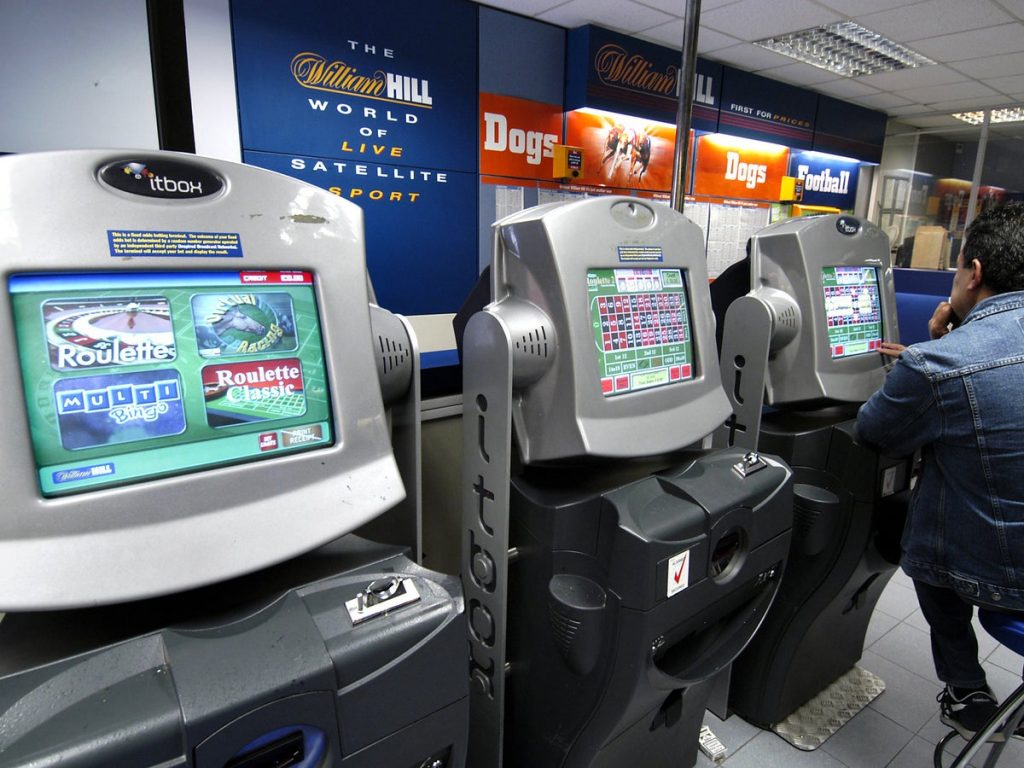Many national publications and public groups have a negative attitude towards the activities of bookmakers associated with the installation of such devices. Betting terminals are the main profit generator for Canadian betting operators. However, from a social point of view, they can be dangerous: firstly, it is difficult to control dependent gamblers, and secondly, they are a convenient tool for money laundering.
That’s why most Canadians choose online gambling: it is a safer method of betting. To check out an example of a good online casino, you may visit https://cookiecasino.one/. It has a legit license, complies with all Canadian regulations, and promotes protected honest gambling, and titles from only reliable software. However, there are still many gamblers preferring land-based betting. That’s why laundering in terminals is a relevant problem.
Money Laundering Mechanics in Terminals
The Guardian published an article about a drug dealer who used betting terminals to launder his proceeds in an attempt to prove that his money was obtained legally. The criminal simply deposited money in the terminal and then printed out a check, which was cashed by the bank as legal winnings. He didn’t even need to place bets – no one checked how much of the amount was actually used for betting.
The scheme described in the Guardian was checked by representatives of Gambling Insider on a real British terminal. The company that owns it is not mentioned.
- A man disguised as a client came to the betting point and deposited the money brought into the terminal.
- Then he made several spins in electronic roulette, placing equal bets alternately on red and black, and sometimes smaller bets on zero.
- After the minimum loss, the client printed a check for cashing the remaining deposit and requested a bank transfer to his account.
- He received a receipt showing only the final cashed amount, and there was no mention of the bets made.
- A few days later, the funds were safely credited to his account.
Anti-money Laundering Remedies

Technologies that allow storing a vast database with the history of players’ bets were already quite widespread. The Gambling Commission released information about suspicious activity reports sent to it by local operators from April 2014 to March 2015. During this period, 633 reports were received from racetracks and betting points. Bookmakers have been legally obliged to send such reports on a regular basis.
At the same time, the Gambling Commission did not have access to the details of the transactions indicated in the reports. Some of this information is published by the National Crime Agency. His latest report says that bookmakers sent 520 suspicious activity reports (by comparison, 405 in the previous year and 161 a year earlier). It is about 21% of all reports from the gambling industry (2459 reports). At the same time, banks registered 318,445 suspicious transactions during this time, and only 0.1% of them are associated with bookmakers.

